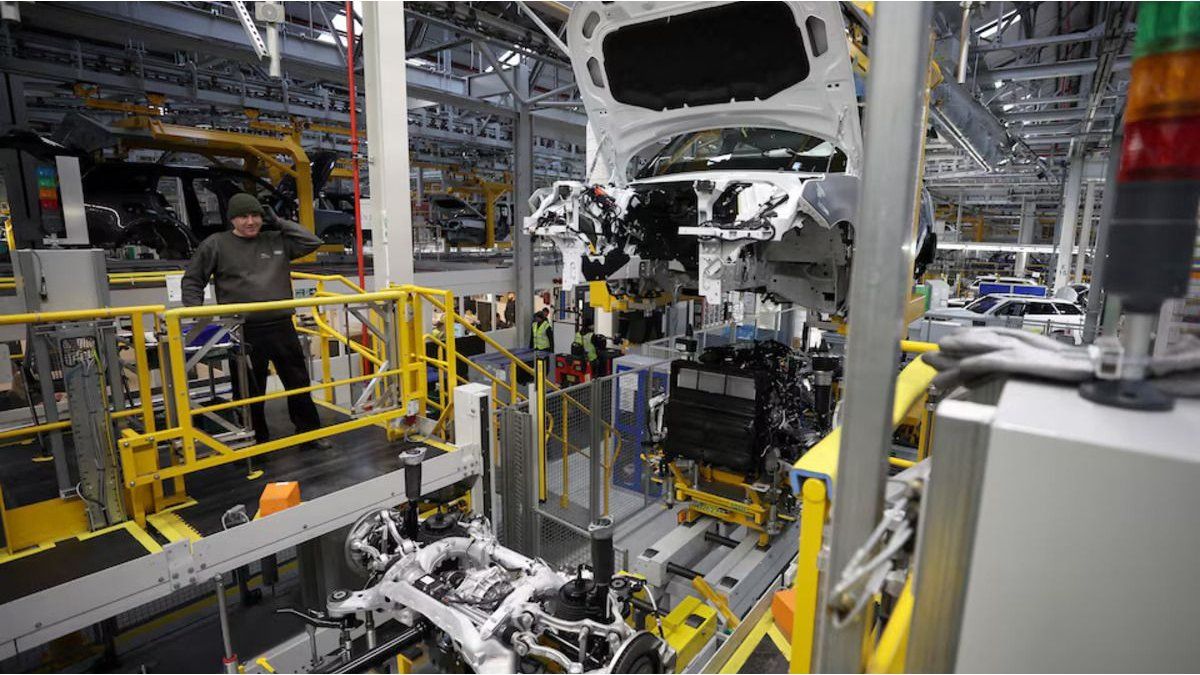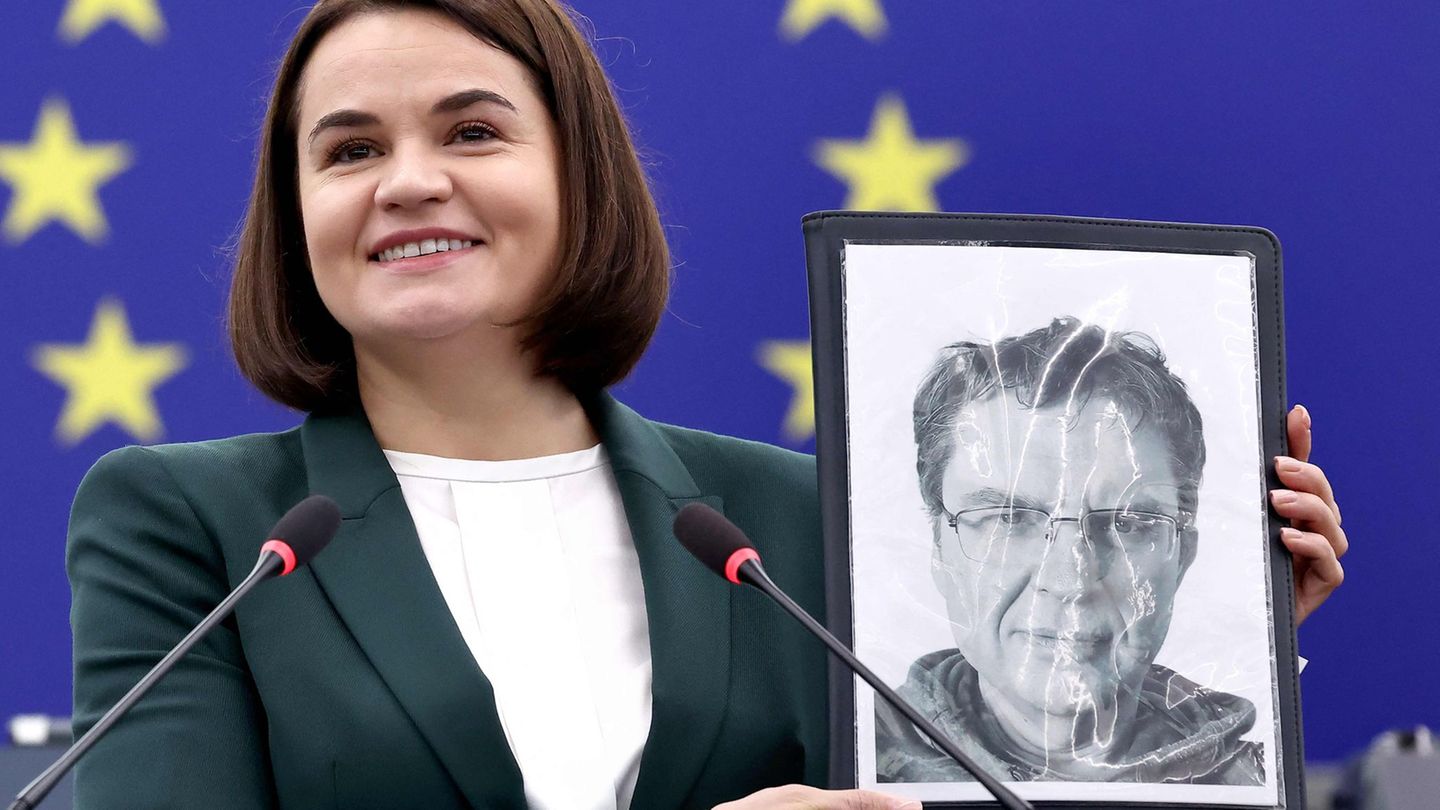Inflation continues to decline. In summer the rate could even fall below 2 percent.
Lower food prices ease the burden on consumers when shopping. Inflation in Germany continues to decline.
According to preliminary data from the Federal Statistical Office, the annual inflation rate was 2.2 percent in March. This is the lowest value since April 2021 when it was 2.0 percent. An inflation rate of 2.5 percent was recorded in February and 2.9 percent in January.
“Going to the supermarket has become cheaper”
Consumers paid 0.7 percent less for food in March than a year earlier. According to preliminary data, food prices were below the level of the same month last year for the first time since February 2015. “This means that going to the supermarket has effectively become cheaper. This is the icing on the cake of the positive inflation trend,” said VP Bank chief economist Thomas Gitzel.
According to preliminary data, energy prices fell by 2.7 percent compared to the same month last year, despite the energy price brakes that expired at the beginning of the year and the increase in the CO2 price to 45 euros per ton of carbon dioxide (CO2).
Services, on the other hand, are expected to increase in price by 3.7 percent. Among other things, visiting pubs and restaurants became more expensive, as shown by data from state statistical offices. Since January 1, 2024, the regular VAT rate of 19 percent has again applied to food in restaurants. According to the state offices, the prices for package tours and flights also rose in the Easter travel month compared to the same month last year.
Compared to the previous month of February, consumer prices rose by a total of 0.4 percent.
Inflation could fall below 2 percent in the summer
The Ifo Institute expects a further decline in inflation. Inflation is likely to fall below the two percent mark in the summer, said the economic director of the Munich Institute, Timo Wollmershäuser. The latest data collected by economic researchers also contributed to this assessment, according to which fewer and fewer companies want to increase the prices for their products.
Commerzbank chief economist Jörg Krämer, however, warned: “It is too early to give the all-clear on the inflation front – as well as for ECB interest rate cuts.” According to KfW chief economist Fritzi Köhler-Geib, things could get bumpy in the final few meters to the inflation target. “A price increase for gas and heat supplies can be expected as early as April due to the end of the VAT reduction.”
The European Central Bank (ECB) is aiming for price stability with an inflation rate of two percent for the euro area and Germany in the medium term. ECB President Christine Lagarde last indicated a reduction in key interest rates in June after a series of interest rate increases in the fight against temporarily high inflation. Higher interest rates make loans more expensive, which can slow down demand and counteract high inflation rates. However, more expensive financing is also a burden for companies and private investors.
Worry about renewed price increases
On average for the current year, leading economic research institutes expect inflation in Germany to weaken significantly to 2.3 percent after 5.9 percent last year.
Nevertheless, in a survey in mid-February, many people expressed concern about renewed energy price jumps and general price increases. The vast majority (83 percent) of the approximately 1,000 respondents say they are trying to put the brakes on spending, as the Schufa survey showed. 75 percent consciously spend less when shopping. “The current survey results show that the mood in many German households remains very tense – and this is also reflected in people’s everyday consumer behavior,” explained Schufa board member Ole Schröder.
Higher inflation rates reduce the purchasing power of consumers. People can afford one euro less. Last year, many consumers therefore turned the red pencil. Private consumption failed to provide an important economic support.
Source: Stern




